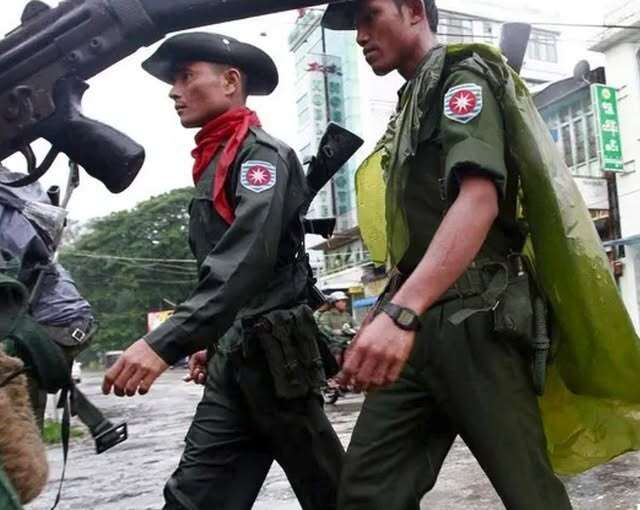
Muslims in Sittwe, Rakhine State, are facing severe travel restrictions imposed by the military council, which has suspended all cross-border travel permissions including medical treatment, social visits, and educational purposes. Following the military coup, the military has tightened the issuance of Form-4 travel documents for Muslims, effectively bringing it to a complete halt. This has created significant challenges for the Muslim community in Sittwe who require travel permissions for essential purposes.
The Muslim residents of Sittwe face numerous obstacles even in obtaining basic identification cards, with applications often taking years to process, and many remain without proper documentation. While previously, they could apply for Form-4 to receive medical treatment in Yangon for up to 45 days, this privilege has now been revoked. The application process for Form-4 involves a complex procedure requiring submission at the Sittwe Immigration Office, transfer to Yangon Division Immigration Office, return to Sittwe office, and final approval from military officers. Currently, military officers are either delaying the process while demanding bribes or refusing to sign altogether, effectively preventing all travel.
Even in medical emergencies, obtaining travel permission has become extremely difficult. There have been tragic cases where patients have died while waiting for travel permissions, despite paying substantial bribes. Some Muslim families have been forced to mortgage their properties to apply for Form-4 for medical treatment, only to lose their loved ones before receiving permission. Since the military coup, discrimination against Muslims has intensified, with the community being treated not only as immigration law subjects but also as security threats.
Currently in Sittwe, due to fears of potential attacks by the Arakan Army (AA), the military council is forcibly recruiting Muslim youth for military service. Additionally, they are pressuring local residents to work for the People’s Security Forces and the military. These circumstances have created severe challenges for the Muslim community in Sittwe, who are experiencing a significant loss of basic human rights and facing daily struggles under the military council’s restrictive policies. The situation has led to a humanitarian crisis where access to essential services, particularly healthcare, has become nearly impossible for the Muslim community in Sittwe.



